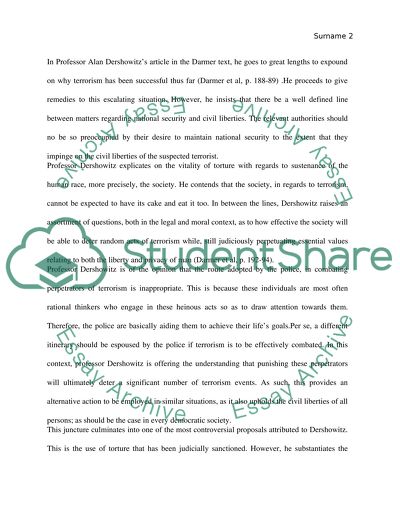Cite this document
(“The ticking time bomb Term Paper Example | Topics and Well Written Essays - 3000 words”, n.d.)
The ticking time bomb Term Paper Example | Topics and Well Written Essays - 3000 words. Retrieved from https://studentshare.org/history/1465972-the-ticking-time-bomb
The ticking time bomb Term Paper Example | Topics and Well Written Essays - 3000 words. Retrieved from https://studentshare.org/history/1465972-the-ticking-time-bomb
(The Ticking Time Bomb Term Paper Example | Topics and Well Written Essays - 3000 Words)
The Ticking Time Bomb Term Paper Example | Topics and Well Written Essays - 3000 Words. https://studentshare.org/history/1465972-the-ticking-time-bomb.
The Ticking Time Bomb Term Paper Example | Topics and Well Written Essays - 3000 Words. https://studentshare.org/history/1465972-the-ticking-time-bomb.
“The Ticking Time Bomb Term Paper Example | Topics and Well Written Essays - 3000 Words”, n.d. https://studentshare.org/history/1465972-the-ticking-time-bomb.


